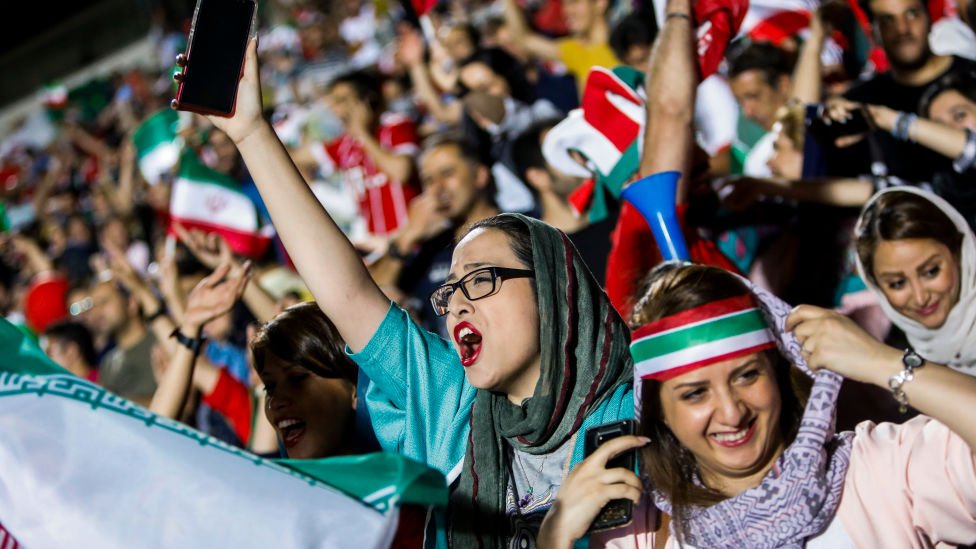The World Cup match ticket was a priceless gift to 27-year-old Mariam. She is an avid sports fan and came to the World Cup in Qatar from Tehran to watch Iran’s first match against England on Monday.
Iran’s women proceed to the World Cup despite being barred from playing in domestic venues
In Iran, it is forbidden for women to watch men’s games.
As with other Iranian women at the game, Mariam, a student of international relations, declined to give her last name out of concern for government retaliation. “I’ve never attended a football match in my life so I had to take this chance,” she said. Iran is taking part in the World Cup while a significant women’s protest movement is causing unrest there.
A organization keeping track of the protests, Human Rights Activists in Iran, claims that security forces ruthlessly suppressed protesters, killing at least 419 people.
Mahsa Amini, 22, died on September 16 while being held by the nation’s morality police, which ignited the uprising. It first centered on the state-mandated hijab, or headscarf, for women, but has since developed into one of the most significant challenges to the Islamic Republic since the tumultuous years after its formation.
Many Iran supporters waved placards or donned T-shirts bearing the uprising’s slogan, “Woman, Life, Freedom.” Others donned T-shirts with the names of female protestors who had recently died at the hands of Iranian security forces.
The World Cup in Qatar, which is easily accessible from Iran by short flight over the Persian Gulf, has become a focal point for political mobilization in Iran. In response to the ban on women playing soccer in stadiums and the government crackdown, protesters have even urged FIFA, the world soccer governing body, to forbid Iran from taking part in any tournaments.
Iranians disagree on whether to support the national squad as it becomes enmeshed in the volatile politics of the country. Support for the Iranian squad is now widely perceived as a betrayal of the young people who have risked their lives on the streets.
Ebrahim Raisi, the president of Iran, has urged his administration to be ready for any difficulties. Iran International, a Farsi news outlet extensively covering the Iranian opposition and funded by Saudi Arabia, said that Qatari officials had denied its correspondents access to the World Cup as a result of Iranian pressure.
Iranian athletes are already the subject of intense media attention. Elnaz Rekabi, an Iranian climber, attracted attention for defying her nation’s dress code by competing in South Korea without donning the head covering required by law.

